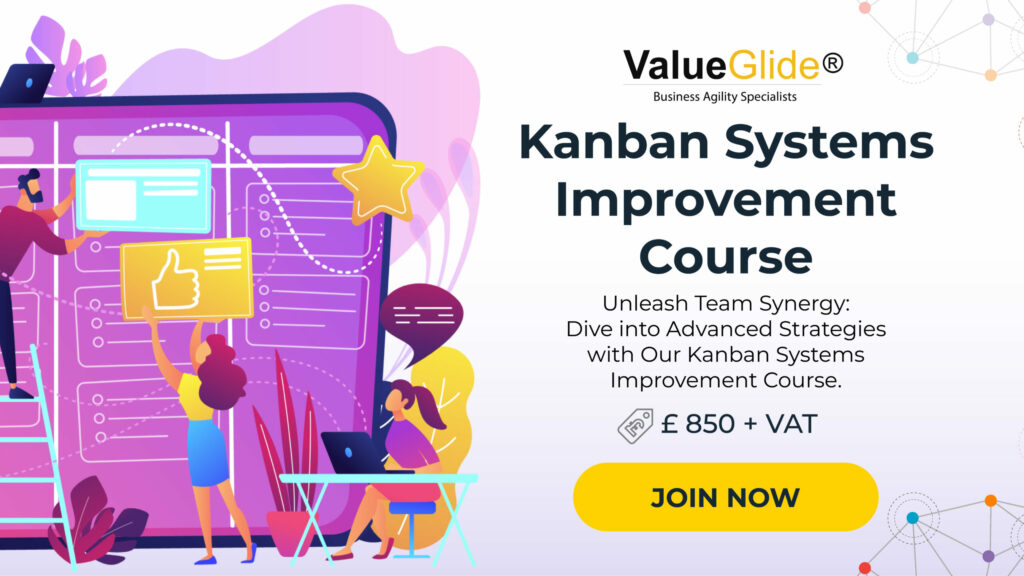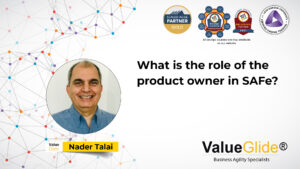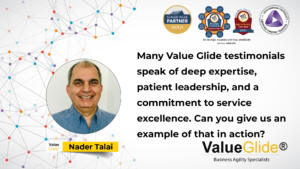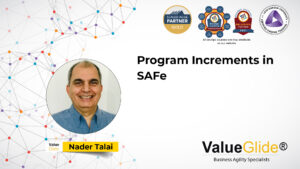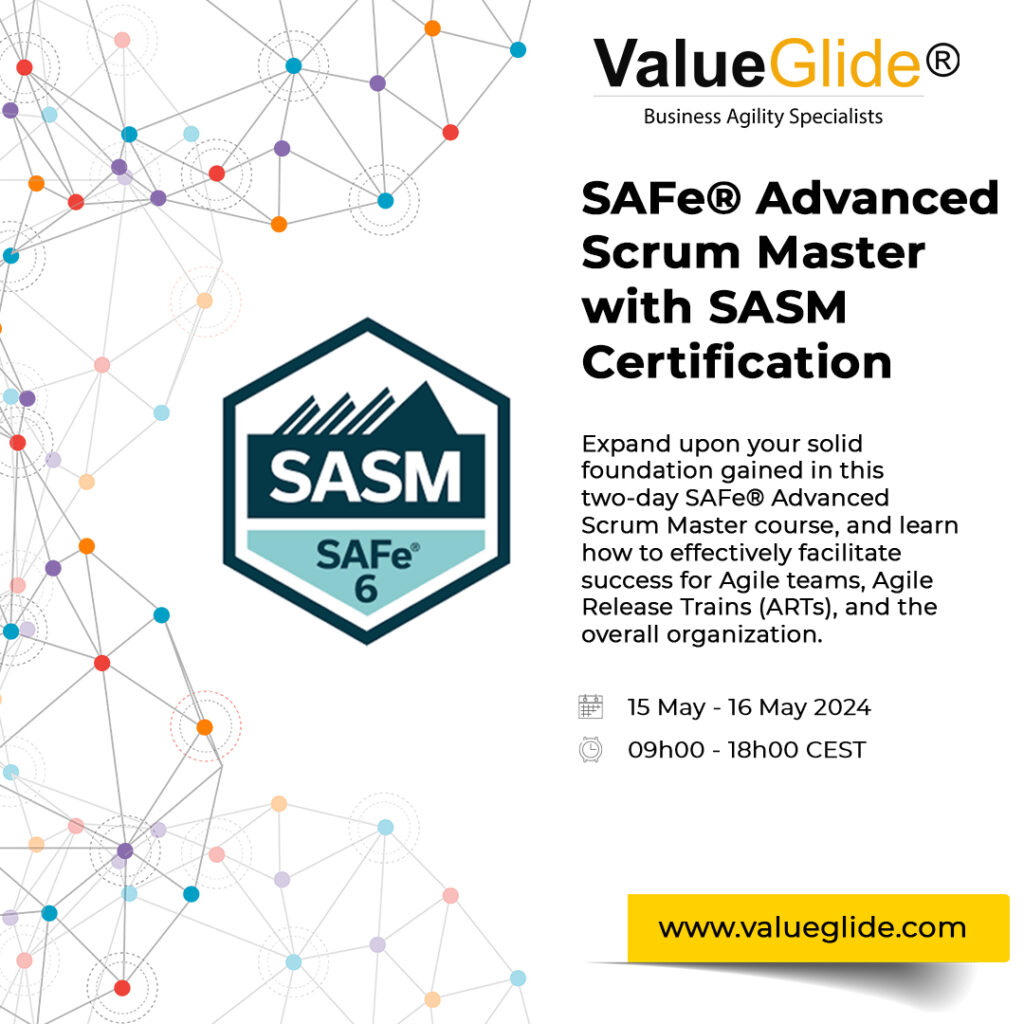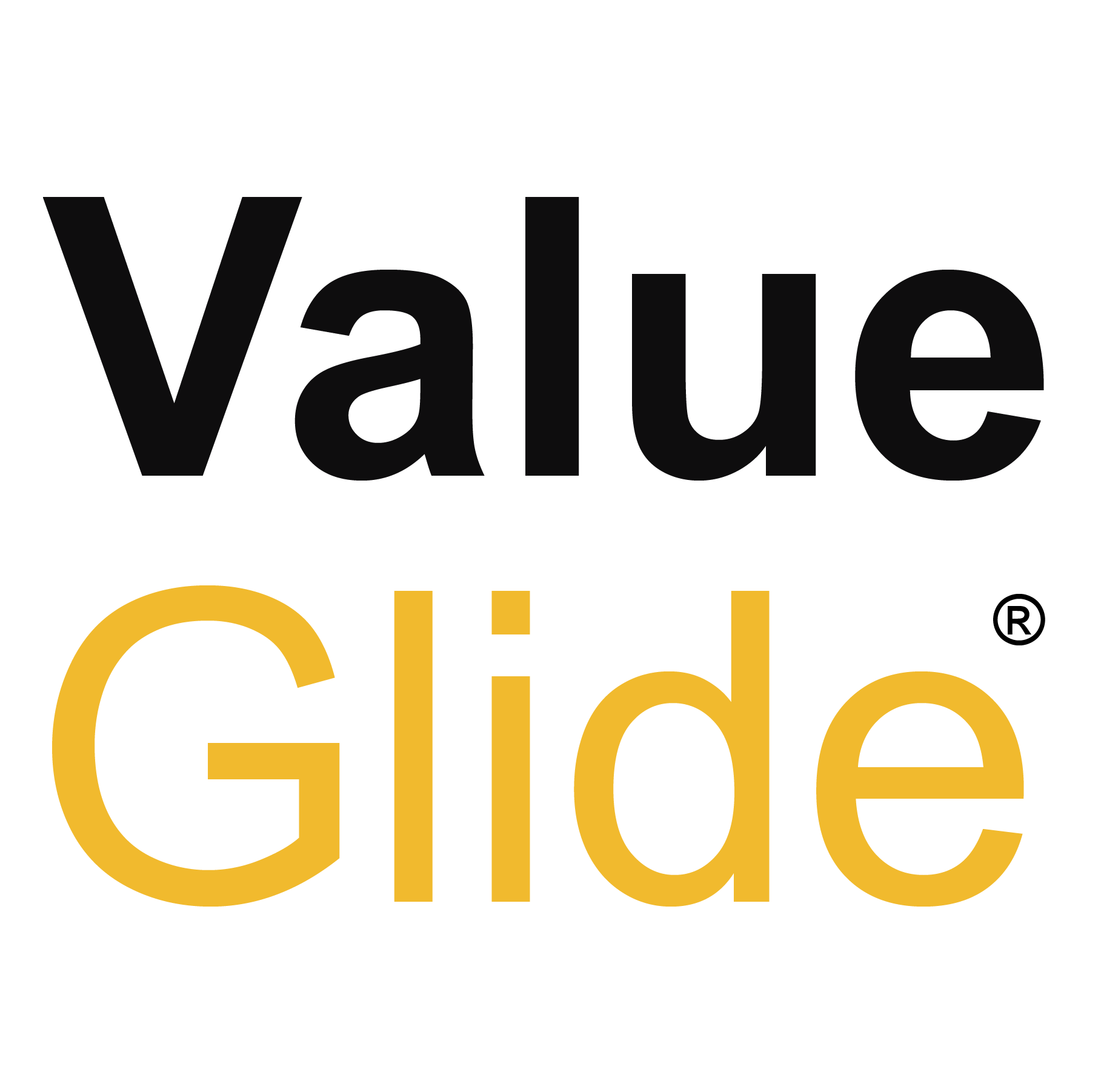How important is it for leaders to gain agile knowledge?
It is crucial for leaders and leadership teams to gain agile knowledge first because they need to know how the system of work they have created behaves.
According to John Seddon, the performance you observe is because of the system of work that you have designed and implemented within the organization.
So, it is crucial to observe what is happening, why it is happening, and where opportunities for an improved system of work exist.
As a leader, you are responsible for the design and management of the systems you have created and increasing your agile knowledge opens the door to new possibilities and opportunities that have been battle tested in some of the toughest applications on Earth.
What isn’t working and how can that be improved.
Once you have observed the system in action, your next step is to identify where problem areas are surfacing. What isn’t working and why isn’t it working as intended.
Also, assess whether there is a desire or need for change.
If the system works fine, and people have no will to change, then there is no point in addressing the system. If, however, we identify that there is an urgent need to change, and that is supported by the will of people in the system to change how they are working, then we have an opportunity to evolve and improve.
Typically, one of the benefits of acquiring deeper knowledge is that we recognize that the system is capable of significantly more. We identify that there are new experiments that we can run and that we can optimize the system through a series of trials and pilots.
Identify the outcomes that you want to achieve.
One of the primary reasons why leadership teams explore agile is because they aren’t satisfied with the outcomes they are currently achieving, and believe that agile will help to make those objectives and goals a reality.
If we are clear about what outcome we want to achieve, for example, reducing time to market or increasing customer satisfaction, we are in a far better position to design interventions or new systems that facilitate that outcome more effectively than the current system.
Agile has proven successful in a myriad of different industries, and there are a lot of proven ways to achieve desirable outcomes, and so increased knowledge of these behaviours, practices, and processes help us focus on the outcomes that are most valuable to us.
Know the levers for increased performance.
It can be tempting to blame your team for poor performance, and it can be even more tempting to think that if we implement X controls, we will achieve Y increases in performances.
Acquiring agile knowledge helps you understand that a system of work, and the tools and processes that support that system, play a far larger role in delivering great performances than imagined.
In many instances, the people within a system are only able to perform to the degree that the system allows or supports, and are hamstrung if they attempt to step outside of those parameters.
Designing a great system and using empirical process control to continuously improve that system is going to yield far greater returns on your investment than simply cracking a whip.
So, as a leader you need to understand:
- How effective is the current system?
- How effectively does work flow through the current system?
- What are the bottlenecks and impediments in the current system?
- What options are available to us to improve the system?
- How do we optimize for the whole system rather than local elements of the system?
- What is proven to increase effectiveness?
- What behaviours and practices lead to increased performances?
- Are we effectively creating and delivering value to customers?
- If not, what needs to happen for that to change?
And so forth.
So, to reiterate, it is essential for leaders to gain agile knowledge before attempting to tweak the system. It is essential for them to understand the difference between Micro Management and Agile Leadership, and why that shift makes such a significant impact on performance.
About Value Glide
Value Glide are a SAFe (Scaled Agile Framework) consultancy, coaching practice, and training specialist who work with organizations to align business objectives with customer needs and wants.
As deeply experienced agile coaches and practitioners, our team are invested in continuous learning through each client engagement and use the data and evidence we gather from each implementation to inform our training, coaching, and consulting services.
In a nutshell, empirical process control or empiricism.
If you are thinking of adopting agile within your organization and have identified SAFe as a great agile framework to adopt, implement and improve your business agility, visit our SAFe Quickstart ART Launch program page or view our SAFe Consulting Services page.
If you have identified a need for an agile coach and SAFe coach to help your organization adopt and implement SAFe, visit our SAFe Coaching Services page.
If you want to know more about SAFe and how to lead SAFe, visit our SAFE Training page for a host of options, from Leading SAFe to a SAFe Release Train Engineer course.
#SAFe #scaledagileframework #scalingagile #agile #agileframework #agilecoach
